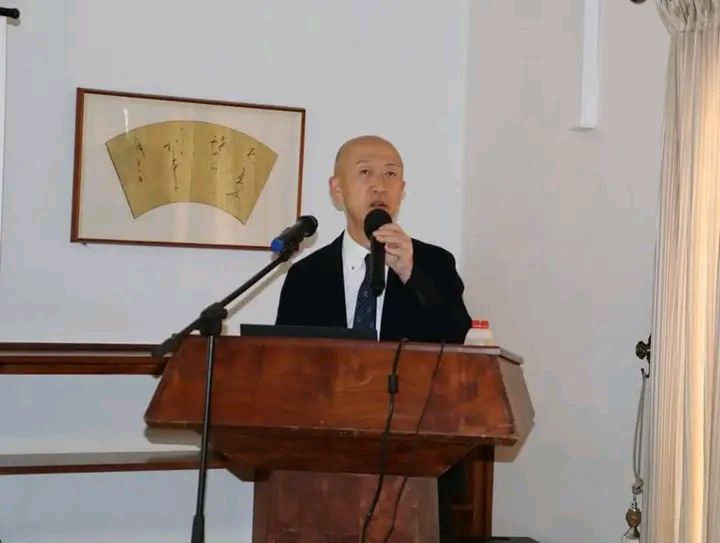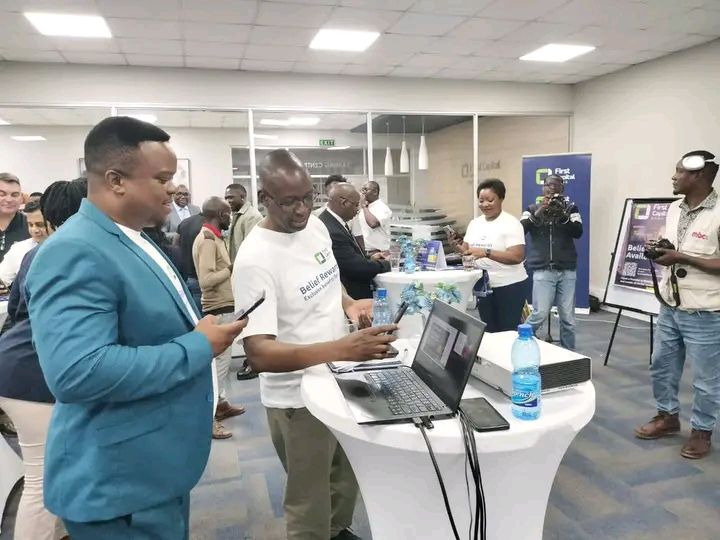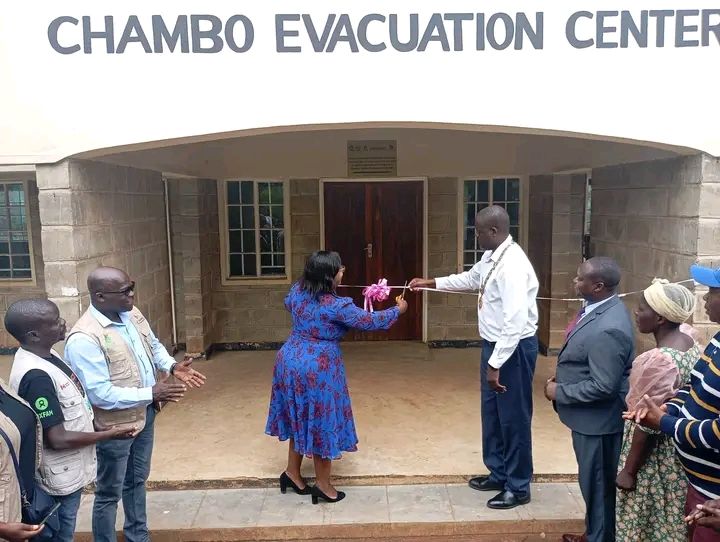By Jones Gadama
The Japanese Embassy has revealed that Malawian businesses can tap into franchise opportunities from Japanese companies, particularly in the agricultural sector.
Speaking at the second Japan-Malawi Business Seminar in Lilongwe, Japanese Ambassador to Malawi, Youichi Oya, highlighted the potential benefits of partnerships between Malawian and Japanese businesses. According to Oya, companies like Tokyo8 Global, which produces organic fertilizer, offer franchise opportunities that could transform Malawi’s agro-based economy.
Despite the potential benefits, Oya noted that most Japanese companies are skeptical about investing in Malawi due to regulatory issues and utility risks such as water and electricity challenges.

“Some of the barriers that affect Japanese companies from investing in Malawi are regulatory issues and utility risks like water and electricity challenges,” Oya said.
However, he emphasized that Tokyo8 Global’s franchise opportunities could be a game-changer for Malawi’s agricultural sector.
Tokyo8 Global’s international business development officer, Glory Sibale, said the company has already started working with potential franchisees in Malawi.
“We have already started working with potential franchisees as our liquid fertilizer certificate process is at advanced stages in the country,” Sibale said.
The company’s organic fertilizer products could provide a much-needed boost to Malawi’s agricultural industry, which is a significant contributor to the country’s economy.
Malawi’s agricultural sector has vast potential for growth, and partnerships with Japanese companies could be a significant step towards realizing this potential.
With the right investments and partnerships, Malawi’s agricultural industry could become more productive and competitive, leading to economic growth and development.
The Japan-Malawi Business Seminar provided a platform for Malawian and Japanese businesses to explore potential partnerships and collaborations.
The seminar also highlighted the challenges that Japanese companies face when investing in Malawi, including regulatory issues and utility risks.
Despite these challenges, the Japanese Embassy is optimistic about the potential for growth and development in Malawi’s business sector.
According to experts, Malawi provides vast opportunities for investments in areas such as tourism, mining, phosphate fertilizer manufacturing, garment manufacturing, and agro-processing.
The country’s population of 19.3 million people, with over 80% depending on farming, presents a significant market for agricultural products and services.
Additionally, the government’s Public Service Reform Programme aims to create an efficient civil service that can help grow the business community and faster business processes in Malawi.
The Japanese Embassy’s initiative to promote partnerships between Malawian and Japanese businesses is a welcome development for the country’s business sector.
With the right investments and partnerships, Malawi’s economy could experience significant growth and development.
As the country continues to explore new opportunities for economic growth, partnerships with international companies like Tokyo8 Global could play a crucial role in shaping the future of Malawi’s business landscape.
The potential partnership between Malawian businesses and Japanese franchises presents a significant opportunity for growth and development in the country’s agricultural sector.
While challenges exist, the benefits of partnerships between Malawian and Japanese businesses far outweigh the risks.
As Malawi continues to explore new opportunities for economic growth, partnerships with international companies could play a crucial role in shaping the future of the country’s business landscape.





